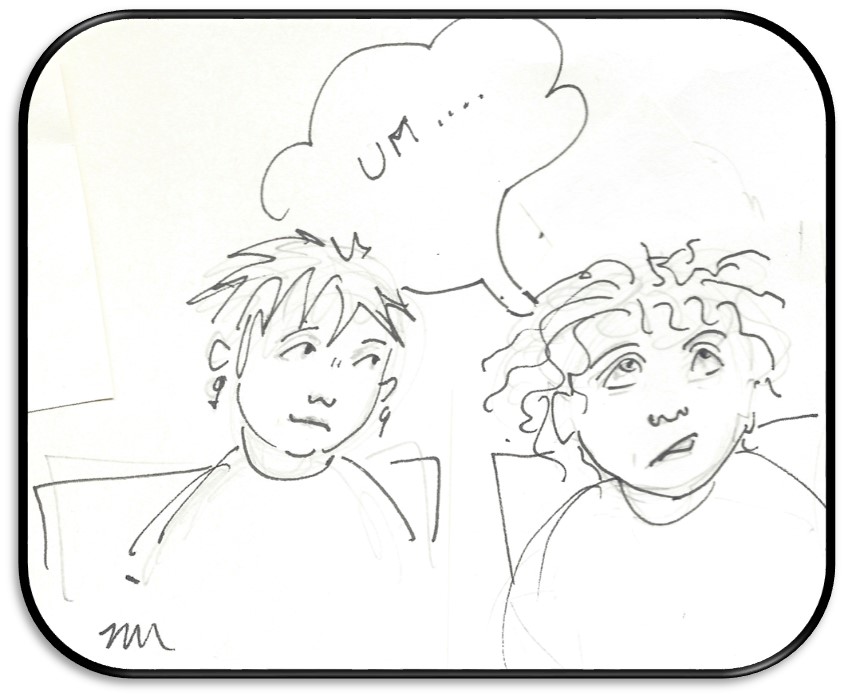How you start a facilitation session matters. It sets the tone, and establishes that you are the facilitator. It helps participants to feel comfortable, and is a reminder that you are all looking forward to working together constructively.
You will often start with introductions. If time is short you might just want a quick round of names, but there are ways of using this session to enhance the day.
Watch this space for suggestions – but firstly, here’s an exercise I suggest NOT to do.
You have probably experienced it. It’s the one where the facilitator asks you to talk to the person next to you, and then that person introduces YOU to the rest of the group.
Do you like it?
An exercise starting off in pairs can be a good idea: many people find it easier to engage just with one person, and this is a chance to limber up for the day. If someone has something on their mind they can maybe verbalise it and put it aside.
But I have spotted two main difficulties with this particular practice.
- For the person being described: Who we are, and how we choose to present ourselves is personal. It is strongly linked to our sense of identity. This is especially true when meeting strangers or people we don’t know well, particularly those with whom we are about to engage in some way.
Someone telling a whole group something not quite right about us puts us in a difficult position. Oh dear…. I want to correct them, but I don’t want people to see me as critical or fussy. But it’s not true that I collect postcards for a hobby. I just said getting postcards makes me happy (because I got one this morning).
- For the person doing the describing. They have been asked to do a task, and to do it publicly. They may realise that accuracy is important (see above). But if they were busy thinking about how to introduce themselves to their partner, that may have forgotten to listen properly. And the facilitator has specified what to cover (maybe a hobby), and they can’t remember…. Oh dear, something about postcards?
For both people, this has caused some anxiety.
The exercise might be valuable if you are running a course on listening skills.
But otherwise, I suggest you will achieve better outcomes with participants who are feeling comfortable, and who are happily anticipating an interesting and enjoyable session.
For alternatives – watch this space.
Karen Morton, The Capability Company, November 2017





